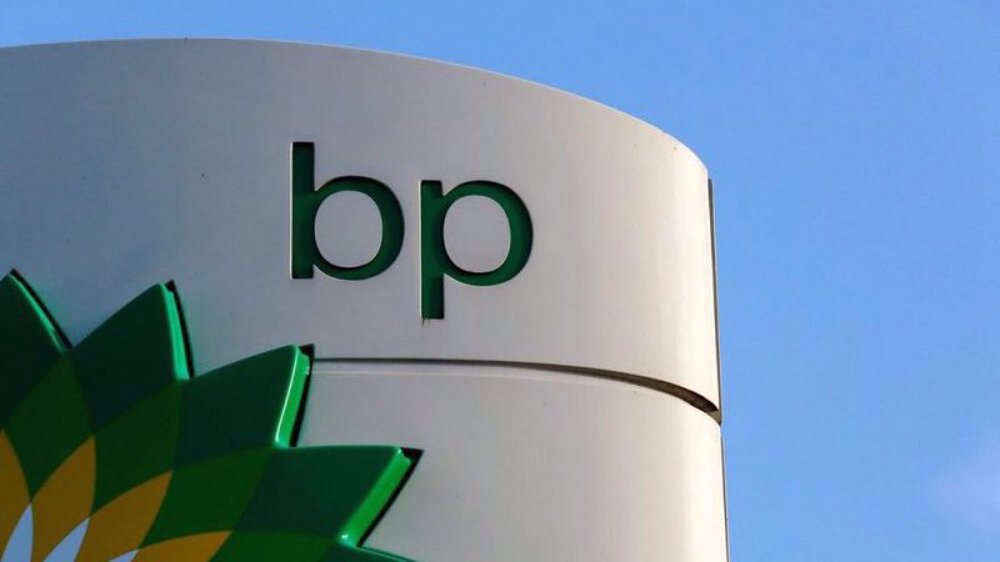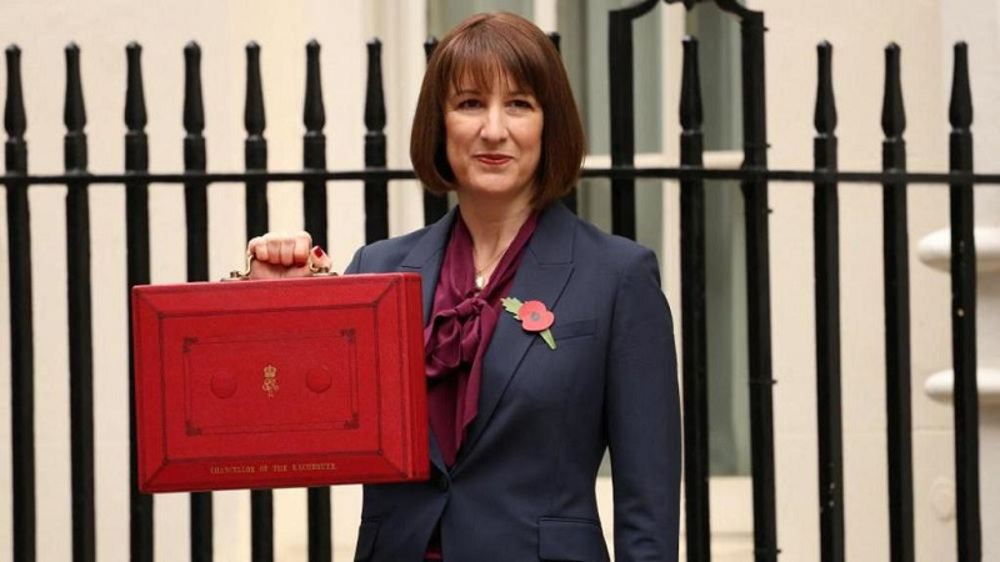Household debt grows amid signs of Brexit downturn: Report
Rising levels of household debt could leave Britain's lower-income families dangerously exposed amid signs of an economic downturn linked to Brexit, a credit rating agency has warned.
“Household debt is high and still growing, leaving consumers vulnerable to an economic downturn, while higher inflation, weaker wage growth and levels of indebtedness leaves those in lower-income brackets the most exposed,” Moody's analyst Greg Davies said in his report published on Tuesday.
He added, “An additional challenge is that households' capacity to draw on savings to maintain consumption and/or service their consumer debts has significantly diminished.”
The agency's warning comes as the Bank of England revealed that the amount borrowed by UK consumers through credit cards, loans and overdrafts had reached £200 billion for the first time since the financial crash of 2008.
Inflation which has risen faster than wage growth has put growing pressure on households, limiting budgets and causing credit card spending to increase and savings to fall.
With regards to this issue, the Bank of England has expressed concerns over surging levels of unsecured consumer borrowing on credit cards, which is going up by more than 10 percent annually.
The credit rating agency has also warned in recent weeks of the potential economic damage if the UK fails to secure an exit trade deal with the EU.
Read more:
UK Prime Minister Theresa May had called for a snap election in April in hopes of getting an increased parliamentary majority that could have strengthened her position before going into two years of intense negotiations with the European Union about Britain’s departure from the bloc.
However, British voters dealt her a devastating blow, wiping out her parliamentary majority and throwing the country into political turmoil.
The UK is currently due to leave the EU at the end of March 2019. Immigration was one of the central topics of last year's Brexit referendum, which resulted in 52 percent of voters voting in favor of leaving the EU.
British and EU negotiators held their first full round of Brexit talks last week. The European Union’s chief Brexit negotiator Michel Barnier said both sides had "fundamental" differences remaining.
Araghchi: Iran-Russia strategic deal step toward ‘more just world’
UNRWA unraveled amid Israel's allegations, reduced intl. support
Palestinian journalist, a Sobh Media Festival awardee, killed in Gaza hours before truce
Jan. 15: ‘Axis of Resistance’ operations against Israeli occupation
VIDEO | Fears, hope in Gaza amid intensified ceasefire efforts
VIDEO | Press TV's news headlines
Hamas: Ceasefire agreement result of steadfastness, resistance in Gaza over 15 months
Hamas thanks Iran, Resistance Front following achievement of ceasefire in Gaza










 This makes it easy to access the Press TV website
This makes it easy to access the Press TV website